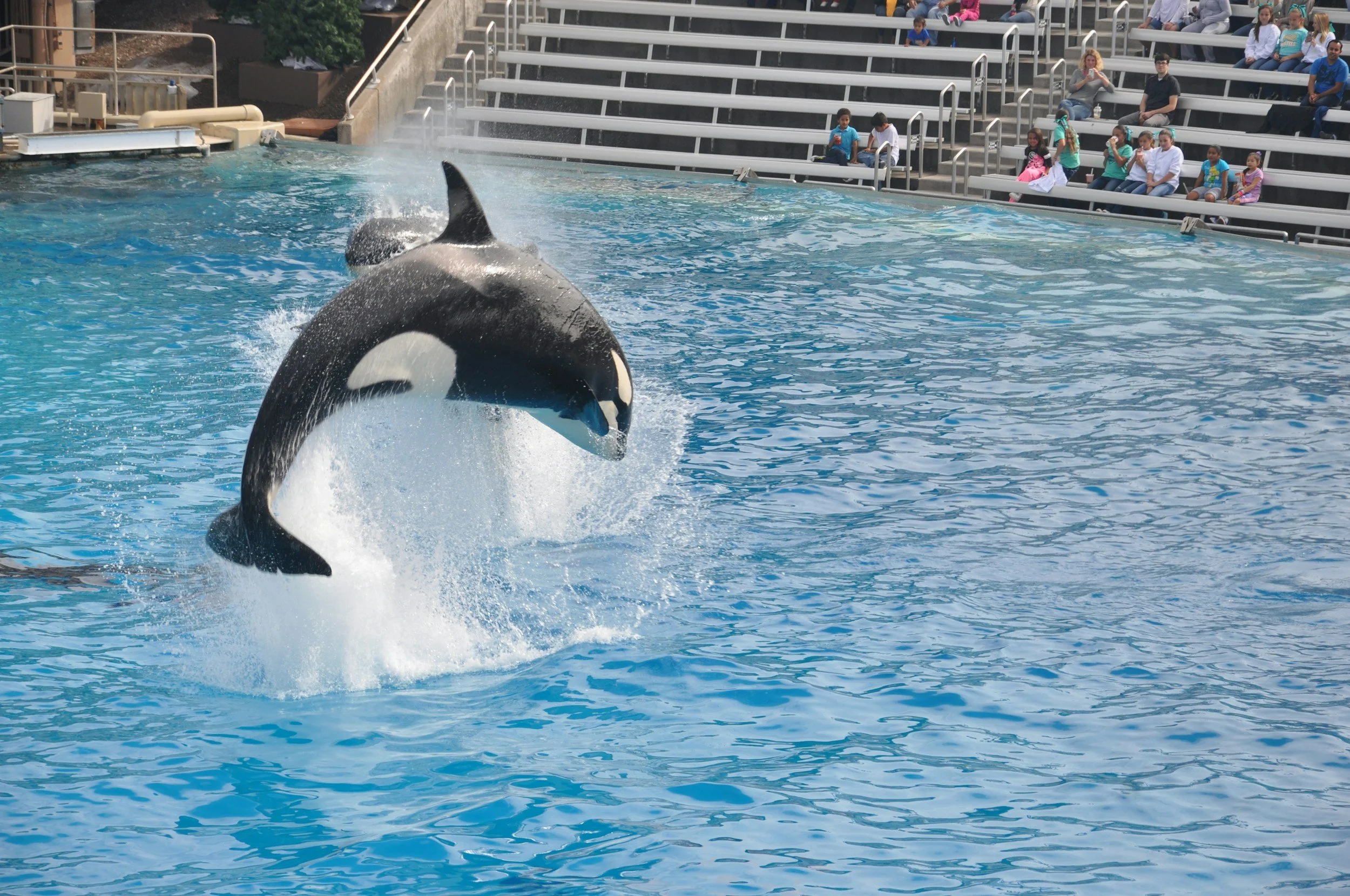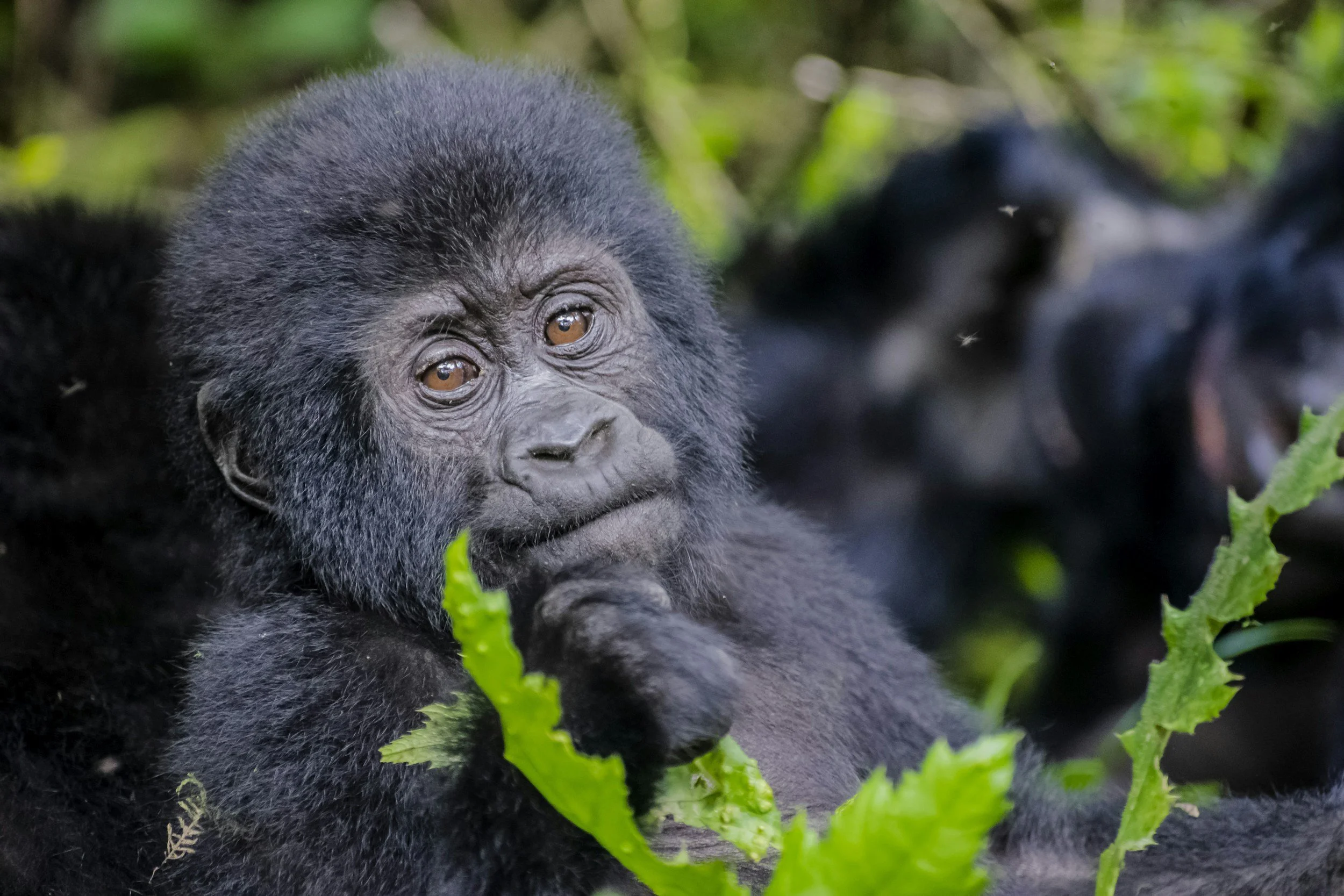Victory! Big Cat Public Safety Act Passes the Senate Unanimously
Once signed into law, the measure will prohibit the private ownership of tigers, lions, leopards and other big cats as “pets”.
A landmark bill to help protect big cats in the US has passed the Senate by unanimous consent. Once signed into law, the Big Cat Public Safety Act (BCPSA) will ban private ownership of big cats, while restricting public contact with them such as cub handling.
Led in the Senate by Sen. Richard Blumenthal, D-Conn, Sen. Susan Collins, R-Maine, Rep. Michael Quigley, D-Ill., and Rep. Brian Fitzpatrick, R-Pa, the bill now goes to the White House to be signed into law by President Biden, who has indicated support for it.
Democratic Congressman Mike Quigley, who introduced the bill into the House, said on social media that it will mean "a lot of big cats will live better lives".
“The end of the big cat crisis in the US.”
Photo: Steve Winter/National Geographic
It’s estimated that there are between five and ten thousand tigers in captivity in the US, far more than the 3,890 tigers living in the wild worldwide. The exact number is unknown because the trade has been highly unregulated. Most of these tigers live in cages in private homes, backyards, garages, or in cages in roadside zoos and many of them are inbred, malnourished, and sick, say wildlife campaigners.
Despite claims, backyard big cat collections, inhumane cub handling exhibits, and “pet” tiger breeding do nothing to benefit these felines’ wild counterparts, according to the International Fund for Animal Welfare (IFAW).
With at least 400 dangerous incidents in the US involving captive big cats since 1990, activists have also warned about the public safety risks posed by keeping these animals as “pets”. Four children have lost their lives and dozens of others lost limbs or suffered other traumatic injuries. Sixteen adults have been killed, and scores have been mauled, according to the Humane Society of the United States (HSUS). The Big Cat Safety Act will also help to remove the serious risks that captive big cats pose to communities, law enforcement agencies, and sanctuaries while helping to protect the animal themselves from exploitation.
“An extraordinarily cruel era for big cats in the US finally comes to an end with the passage of the Big Cat Public Safety Act,” said Kitty Block, president and CEO of HSUS. “We’ve been fighting for this moment for years because so many so-called ‘Tiger Kings’ have been breeding tigers and other big cats to use them for profit. And once the cubs grow too large for cub-petting or selfies, these poor animals get dumped at roadside zoos or passed into the pet trade, which is not only a terrible wrong for the animals, but also a threat to public safety.”
Photo: Steve Winter/National Geographic
Under the new bill, private individuals will be prohibited from possessing lions, tigers, leopards, cheetahs, jaguars, cougars, or any hybrid of these species. Sanctuaries, universities, and zoos, however, will be exempt. Current big cat owners will also be able to keep their animals, but they must register their animals with the US Fish and Wildlife Service.
Susan Millward, executive director of the Animal Welfare Institute, has said the Big Cat Public Safety Act "will end the horrific exploitation of big cats and bolster public safety".
"These beautiful but powerful predators deserve to live in the wild, not be kept in captivity for people's entertainment—even as cubs," she added.
We Have A Favor To Ask…
Species Unite amplifies well-researched solutions to some of the most abusive animal industries operating today.
At this crucial moment, with worldwide momentum for change building, it’s vital we share these animal-free solutions with the world - and we need your help.
We’re a nonprofit, and so to keep sharing these solutions, we’re relying on you - with your support, we can continue our essential work in growing a powerful community of animal advocates this year.
More stories:
Species Unite
A collection of stories of those who fight the good fight on behalf of animals.






A judge has issued Pennsylvania’s first habeas corpus order for a nonhuman animal, advancing NhRP’s fight to move five African elephants from the Pittsburgh Zoo to a sanctuary.